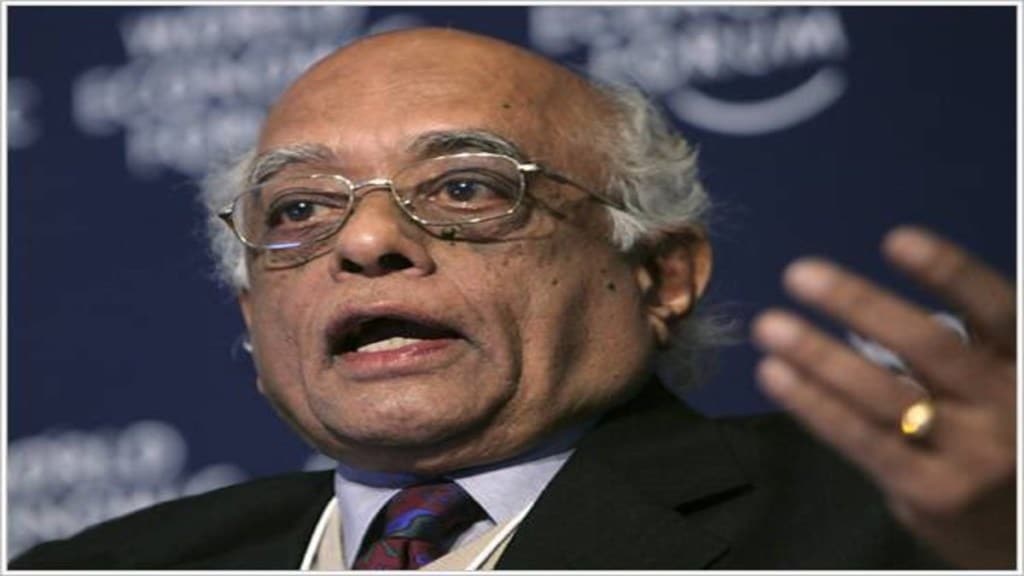Rajagopala Chidambaram, a pioneering physicist who played a pivotal role in India’s nuclear weapons program, passed away on Saturday at the age of 88. He died at Jaslok Hospital in Mumbai, according to the Department of Atomic Energy (DAE).
Chidambaram was instrumental in India’s first nuclear test in 1974 and the Pokhran-II tests in 1998, which established the country as a nuclear power. Throughout his career, he held several prestigious positions, including Principal Scientific Adviser to the Government of India, director of the Bhabha Atomic Research Centre, and chairman of the Atomic Energy Commission.
Jitender Singh, Minister of State for Personnel, Public Grievances and Pensions wrote in a post on X,”Saddened to learn about the passing away this morning of eminent nuclear scientist Dr. Rajagopala Chidambaram, who led India’s Atomic Energy Commission and played a key role in the development of strategic weapons. Dr. Chidambaram’s role in the two nuclear tests conducted by India was memorable.”
A graduate of Presidency College, Chennai, and the Indian Institute of Science, Bengaluru, Chidambaram was also a champion of applying science to national development. He led initiatives such as the Rural Technology Action Groups and played a key role in developing India’s supercomputing capabilities and the National Knowledge Network.
Chidambaram was honored with several prestigious awards during his lifetime, including the Padma Shri in 1975 and the Padma Vibhushan in 1999, as well as honorary doctorates from multiple universities. He was a fellow of several prominent Indian and international science academies.
Ajit Kumar Mohanty, Secretary of the DAE, expressed profound sorrow at Chidambaram’s passing, calling it an “irreparable loss” to the scientific community and the nation. “His contributions to India’s nuclear prowess and strategic self-reliance will never be forgotten,” he said.
Chidambaram’s legacy as a visionary leader and mentor to countless scientists and engineers will continue to inspire future generations. The nation mourns the loss of one of its foremost scientific minds.
(With PTI Inputs)

